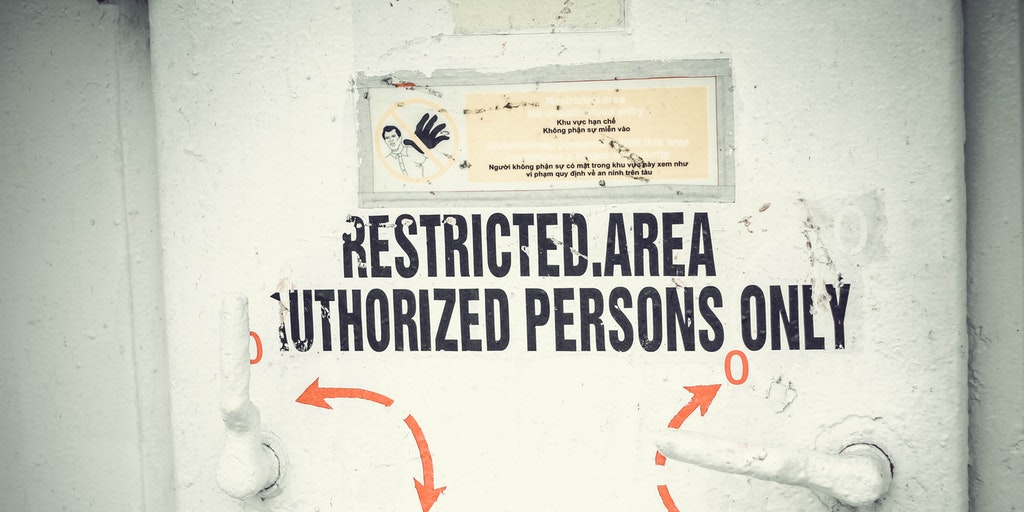Five Goals for Your SQL Servers in the New Year
We’ve made it! The start of a new year. Now is a great time to reflect on what you’d like to accomplish over the next 12 months at work, and more specifically, what you would like to do with your SQL Server environment this year. To help with that, here are five activities or goals…
Read more











Recent Comments